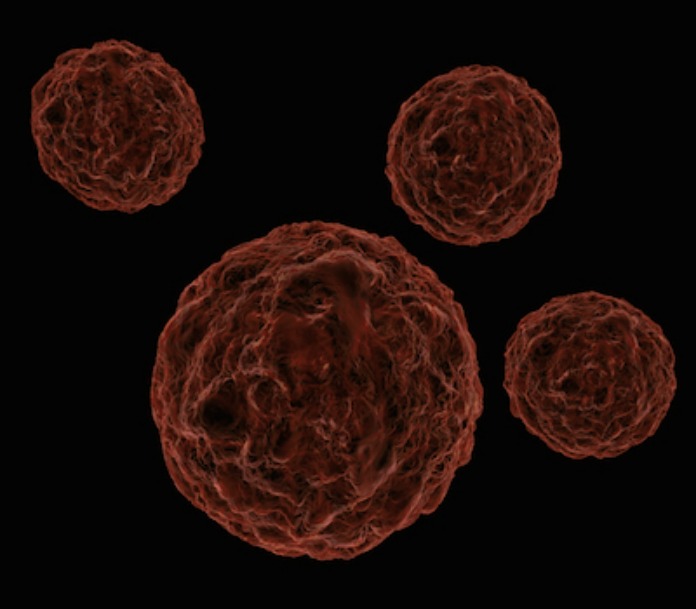The Hawaii State Department of Health has confirmed another case of hepatitis A in an Oahu food service worker, according to a press release put out by the governor. That person is an employee at Hokkaido Ramen Santouka restaurant at 801 Kaheka Street in Honolulu.
The employee worked July 21 to 23 and 26 to 30, and August 2 to 6 and 9 to 11, 2016. If you visited that restaurant on those dates, you may have been exposed to hepatitis A. You can be vaccinated against the illness if you were there after August 4, 2016. If not, all you can do is monitor yourself for the symptoms of the illness.

State Epidemiologist Dr. Sarah Park said, “even though we’ve identified and work to confirm the likely source of the overall outbreak, we may continue to see new cases with hepatitis A infection like this person because of how long ago people would have been exposed. Our work to control further spread of the disease is not yet over.”
The incubation period for hepatitis A is two weeks to 50 days. During that time, the person is contagious even though they are not experiencing any symptoms. Since the virus is so contagious, person-to-person contact, contact with food or drink, and even contact with surfaces can spread the disease.
Food service workers at nine restaurants on the islands of Hawaii and Oahu have been diagnosed with the illness, along with a flight attendant for Hawaiian Airlines. You can see the table of businesses where these people worked, along with their locations and the days they worked at the Hawaii government web site.
As of August 17, 2016, there have been 38 new cases of hepatitis A diagnosed in Hawaii. All of the cases have been in adults. Fifty-one people have required hospitalization because their illnesses are so severe. The onset of illness dates range from 6/12/16 – 8/9/16. That means people started getting exposed to the virus in April or May 2016.
Hawaii public health officials think that the outbreak may be linked to raw scallops that were imported from the Philippines. The scallops are Sea Pork Bay Scallops (Wild Harvest, Raw Frozen) that were distributed by Koha Oriental Foods and True World Foods. They were served at Genki Sushi restaurants on the islands of Oahu and Kauai. The scallops have been embargoed, and Genki Sushi restaurants have been temporarily closed.
The outbreak investigation is still ongoing. On August 16, 2016, the government put up a survey, asking anyone who ate at Genki Sushi restaurants in Hawaii after April 23, 2016 and who have not been ill to contact them. This is for a case control study to determine exactly what food items served at that chain may have led to the hepatitis A outbreak. About 70% of those sickened ate at Genki Sushi restaurants on Kauai or Oahu.
The symptoms of hepatitis A include fatigue, fever, weight loss, loss of appetite, clay colored stools, dark urine, headache, nausea, muscle aches, and jaundice, which is yellowing of the skin and eyes. Symptoms usually begin 2 weeks to 50 days after exposure to the virus. Some people should be vaccinated against hepatitis A, according to the CDC. Many food safety experts want to extend that list to include those who work in the food service industry, including those who harvest and process food, and people who work in the child care and health care industries.
If you ate at Genki Sushi restaurants in Hawaii this past spring and summer and have experienced the symptoms of hepatitis A, please see your doctor. Hepatitis A is a reportable illness, and your doctor will tell the state.




